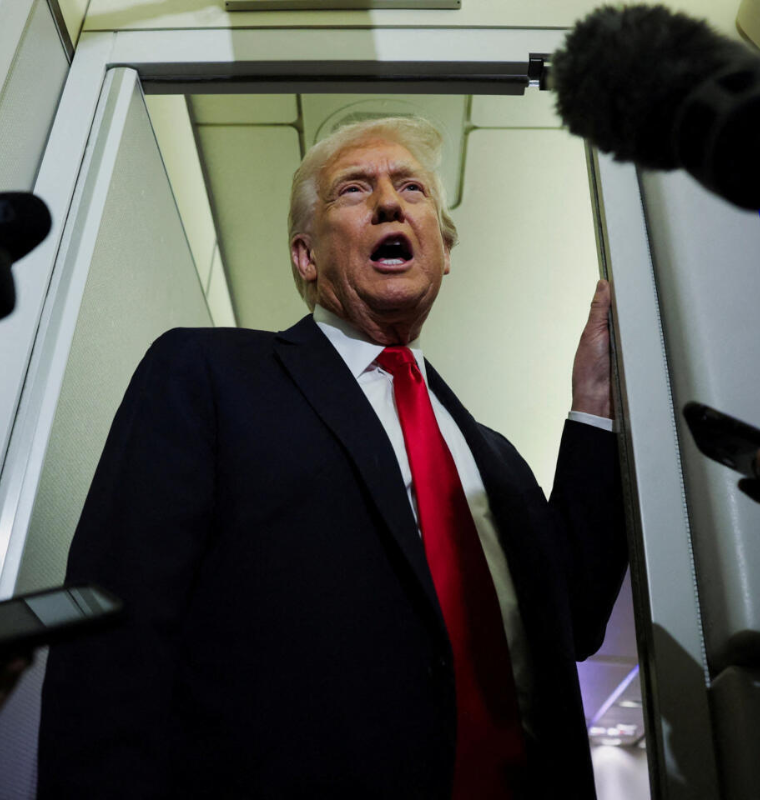Congress Pushes Controversial Medicaid Work Rules in Sweeping GOP Bill
Congress Pushes Controversial Medicaid Work Rules in Sweeping GOP Bill
By
Rachel Steinberg
Last updated:
June 25, 2025
First Published:
August 3, 2025
.jpeg)
Photo: Politico
What’s in the GOP’s ‘One Big Beautiful Bill’?
A sweeping new Republican legislative package, coined the “One Big Beautiful Bill Act”, is sparking major controversy across the U.S. healthcare landscape. One of the bill’s most significant and contentious provisions is the introduction of federal work requirements for Medicaid, which could jeopardize health coverage for millions of low-income Americans.
The bill — currently moving through both the House and Senate — proposes that adults aged 19 to 64 must work at least 80 hours per month or participate in qualifying activities to maintain or gain Medicaid eligibility. Though certain exemptions apply (such as for parents or those with medical issues), policy experts say these carve-outs are often poorly implemented, leading to people falling through the cracks.
“There’s no question that millions of people will be harmed,” said Allison Orris, Senior Fellow and Director of Medicaid Policy at the Center on Budget and Policy Priorities.
Projected Impact: Millions Could Lose Coverage by 2034
According to projections by the Congressional Budget Office (CBO), if enacted, the bill could lead to a staggering 4.8 million additional uninsured Americans by 2034 due to the Medicaid work requirement alone. That figure could rise to 16 million uninsured when combined with other policy changes in the GOP budget, such as:
- The expiration of enhanced ACA premium tax credits
- A proposed Trump-era rule targeting ACA marketplace eligibility
The CBO underscores that Medicaid cuts within the House version of the bill would slash federal spending by $344 billion over the next decade — the largest source of Medicaid savings proposed.
What the Work Requirements Actually Mean
Under the new rules, anyone between 19 and 64 applying for Medicaid — or receiving it through the Affordable Care Act (ACA) expansion — must:
- Work or engage in job training/qualifying activities for 80 hours a month
- Undergo eligibility checks at least twice per year
- Show compliance over one or more consecutive months before approval
- Be disqualified from ACA marketplace subsidies if they lose Medicaid for not meeting requirements
These conditions are unprecedented at the federal level. Current law does not allow Medicaid eligibility to hinge on employment, though states can request waivers to experiment with such requirements.
States Testing the Waters — And Facing Setbacks
So far, Georgia is the only state with an active Medicaid work requirement, though several others have submitted waiver applications seeking similar authority.
Past experiments have shown troubling results. For example:
- Arkansas implemented work rules in 2018.
- Over 18,000 people lost coverage in just seven months.
- Yet no measurable increase in employment was observed, according to studies by KFF and the University of Michigan.
“Many people on Medicaid are already working, if they’re able,” said Robin Rudowitz, Director of Medicaid and the Uninsured at KFF, a nonpartisan health policy organization.
Senate Version: Stricter and More Expansive
The Senate version of the bill introduces even tougher provisions than the House’s proposal, including:
- Narrower exemptions for parents — Only those with children aged 14 or younger would be exempt, rather than all parents of dependents.
- A shortened look-back period (three months) for proving work compliance, which may modestly benefit some applicants.
- A longer compliance deadline for states — up to 2028, compared to 2026 in the House version, through a “good faith” waiver option.
Key Concerns from Experts
Critics argue the bill risks disproportionately harming vulnerable populations, including low-wage workers, part-time employees, people with chronic illnesses, and those facing language barriers or administrative hurdles.
They note that:
- Work requirements don’t guarantee increased employment.
- Administrative burdens can cause eligible individuals to lose coverage due to red tape.
- The policy may undermine the core mission of Medicaid: to ensure healthcare access for low-income individuals and families.
A Tipping Point for Medicaid’s Future
The “One Big Beautiful Bill Act” is far more than political branding — it’s a policy pivot with sweeping implications for the U.S. healthcare system. While Republicans argue it promotes accountability and workforce participation, analysts warn of widespread disenrollment, legal challenges, and increased uninsured rates.
As the bill advances through Congress, millions of Americans — especially those in the Medicaid expansion group — are watching closely to see if access to their healthcare hangs in the balance.
Popular articles
Subscribe to unlock premium content
How Turkmenistan’s Underground Mosques Are Becoming Secret Luxury Tourism Spots

How Palau’s Hidden Jellyfish Lakes Are Monetized as Ultra-Premium Adventure Destinations

Why Seychelles’ Private Island Hopping Experiences Are Becoming a Billion-Dollar Niche

How Turkmenistan’s Underground Mosques Are Becoming Secret Luxury Tourism Spots

How Palau’s Hidden Jellyfish Lakes Are Monetized as Ultra-Premium Adventure Destinations

How Turkmenistan’s Underground Mosques Are Becoming Secret Luxury Tourism Spots









